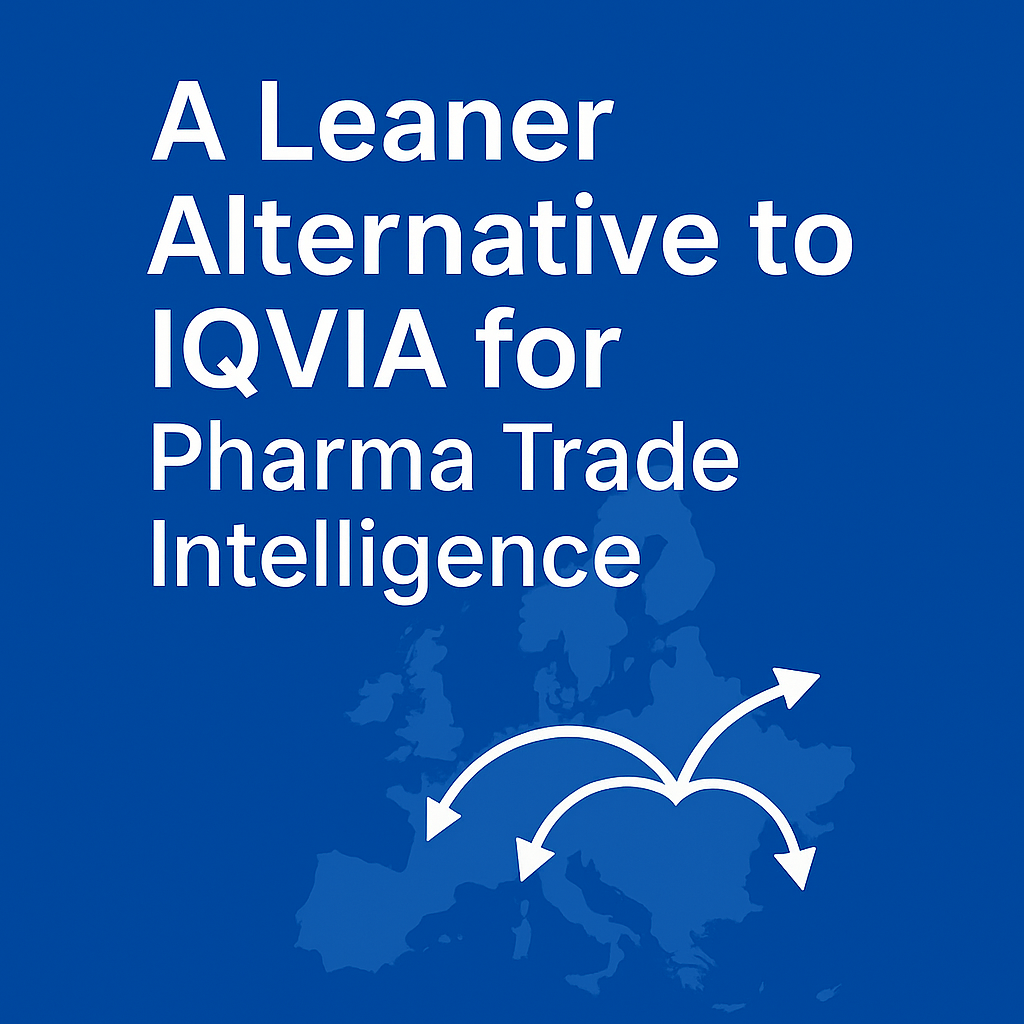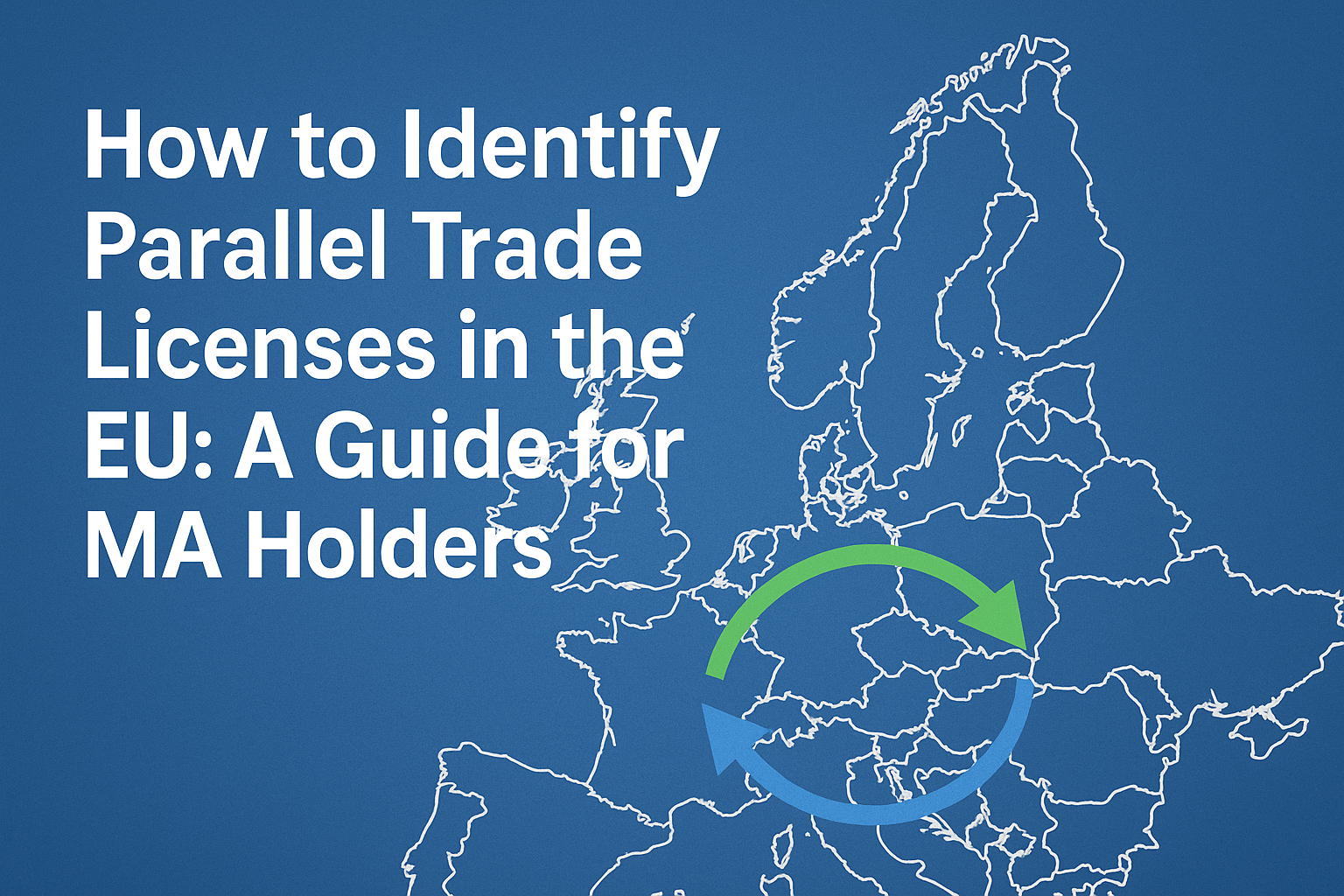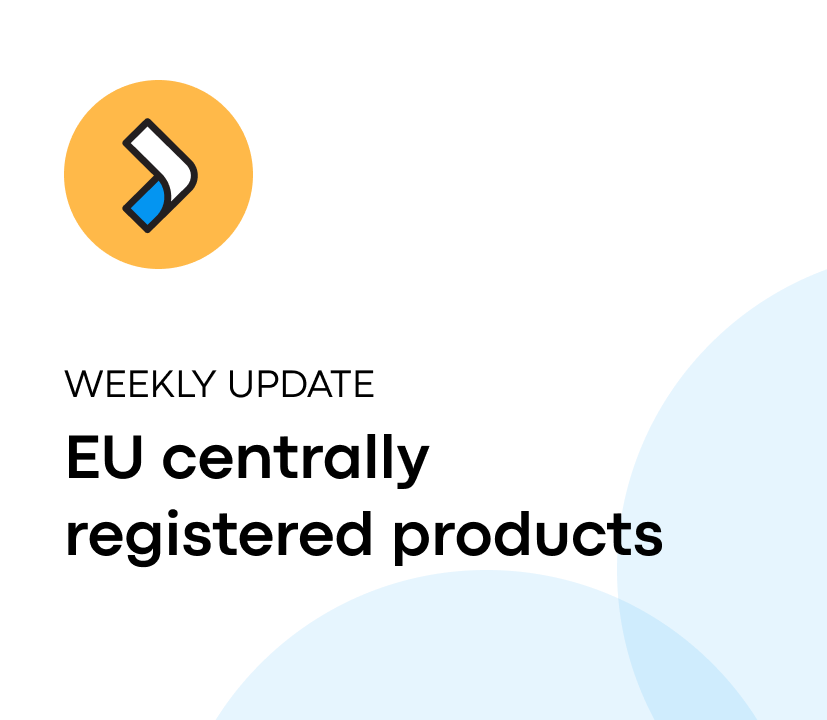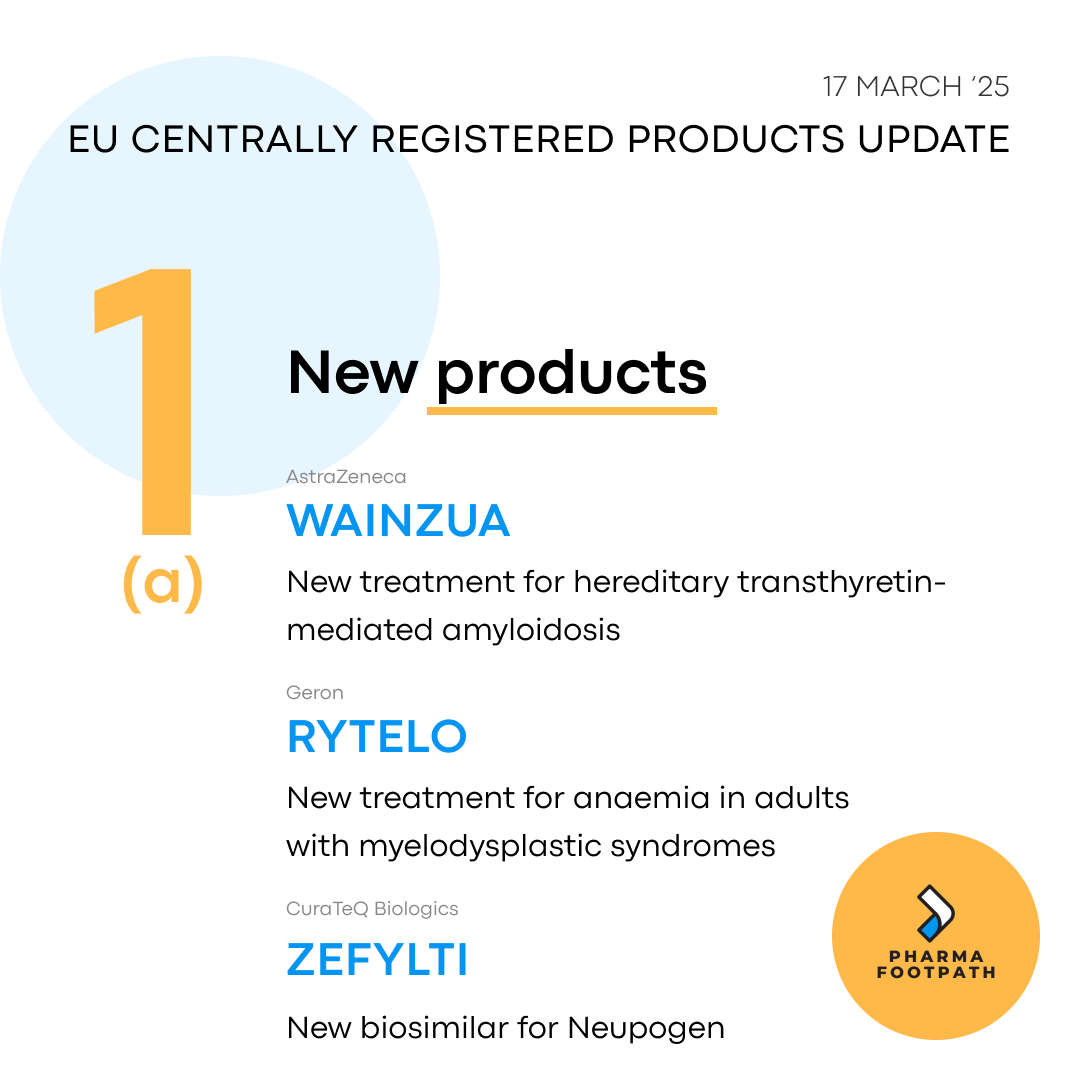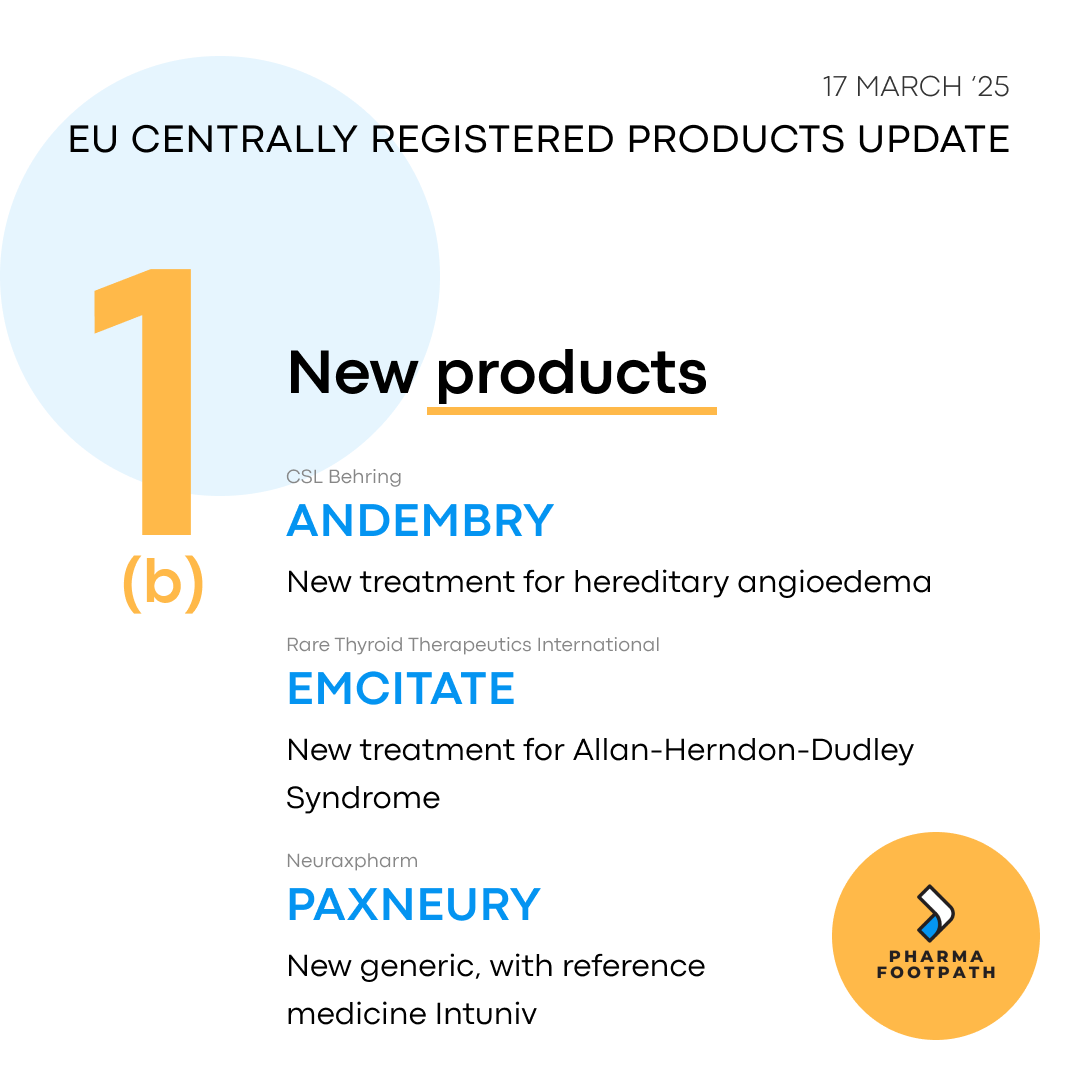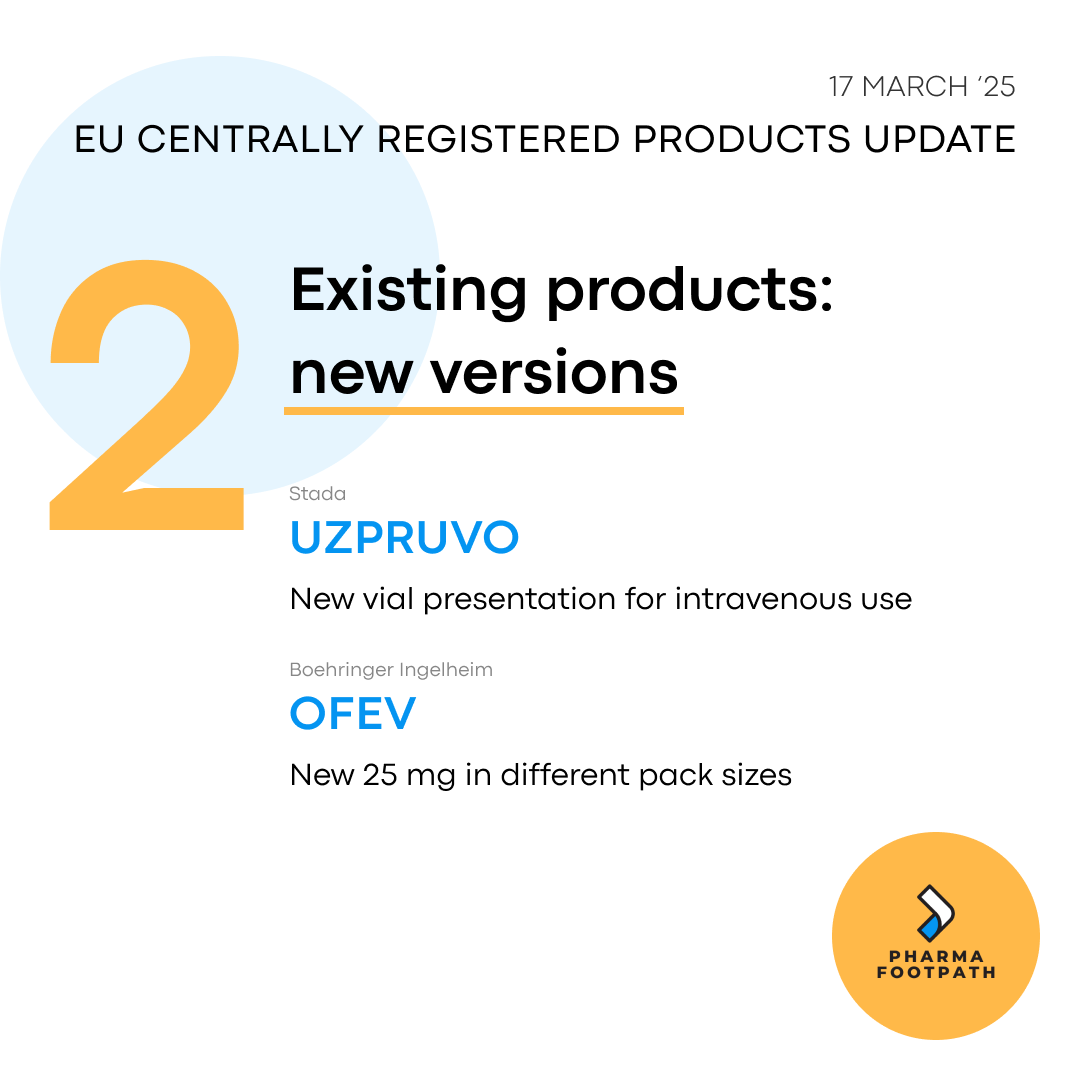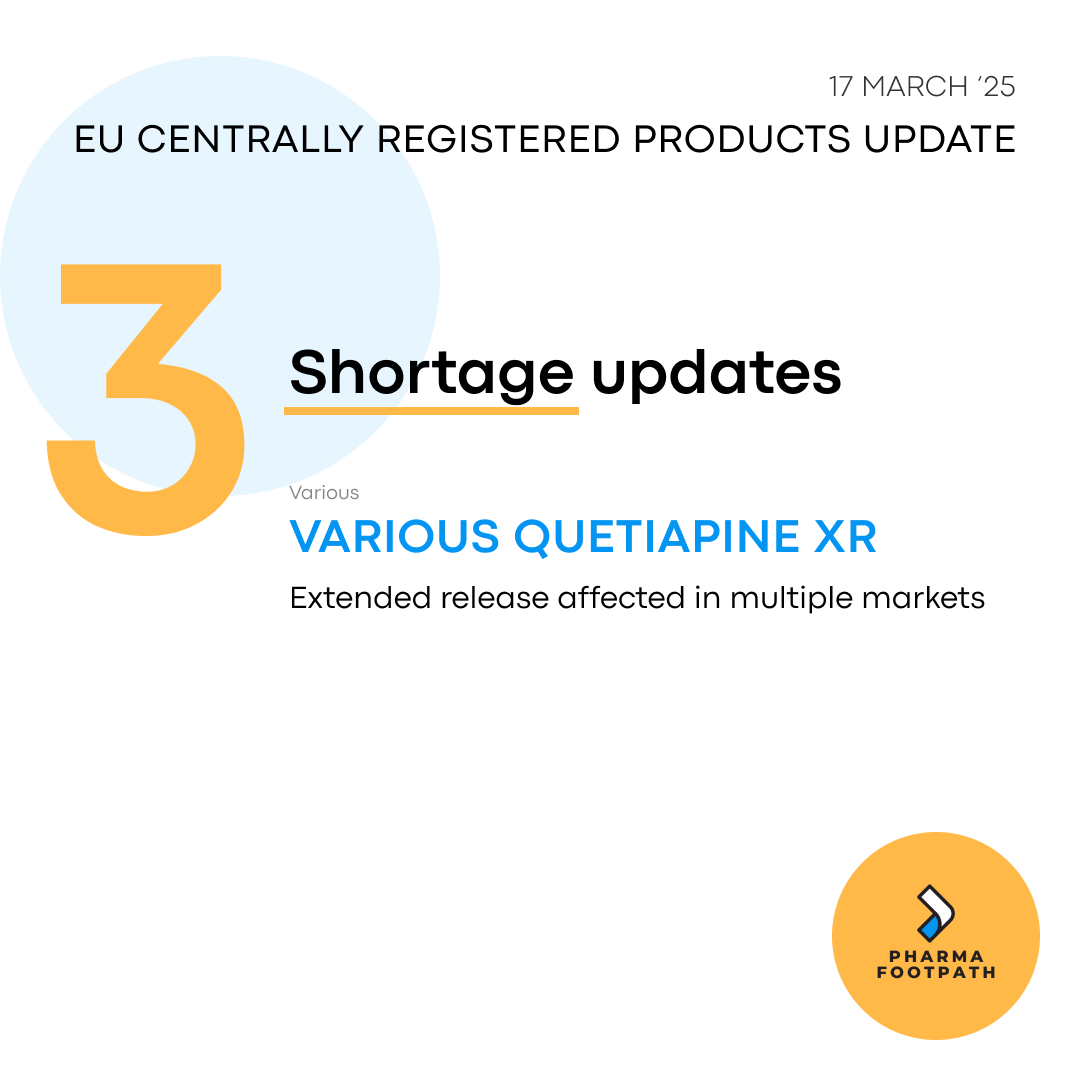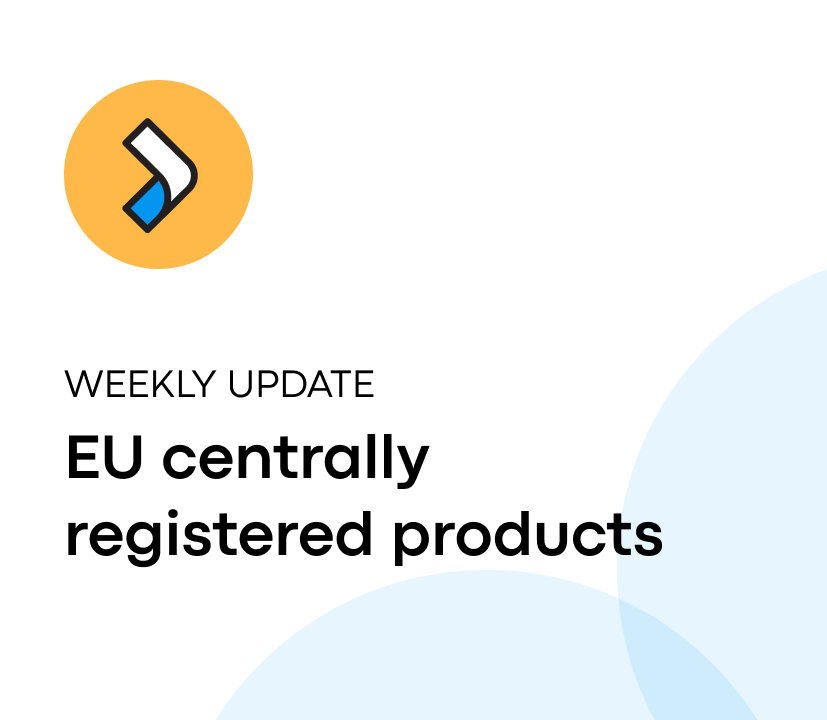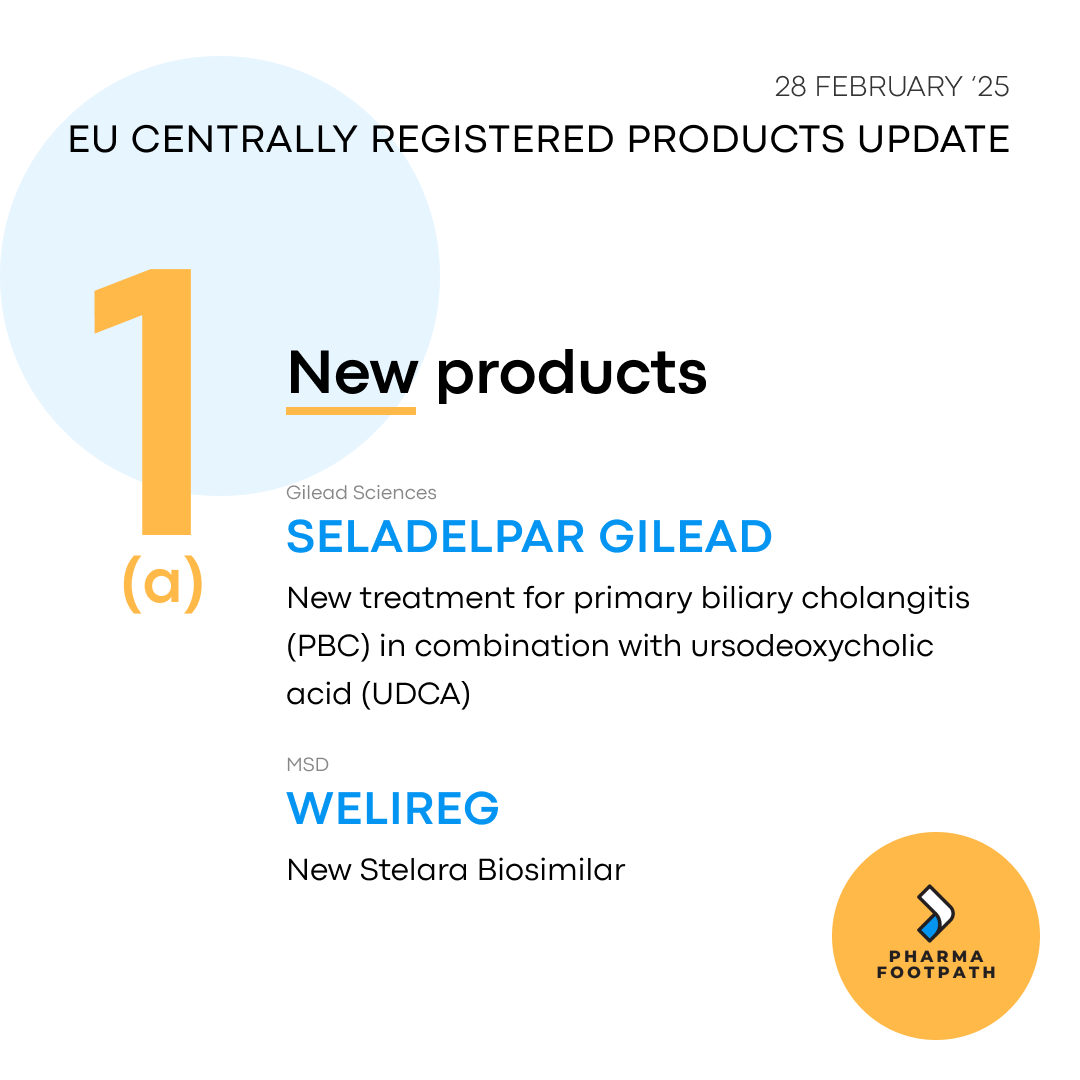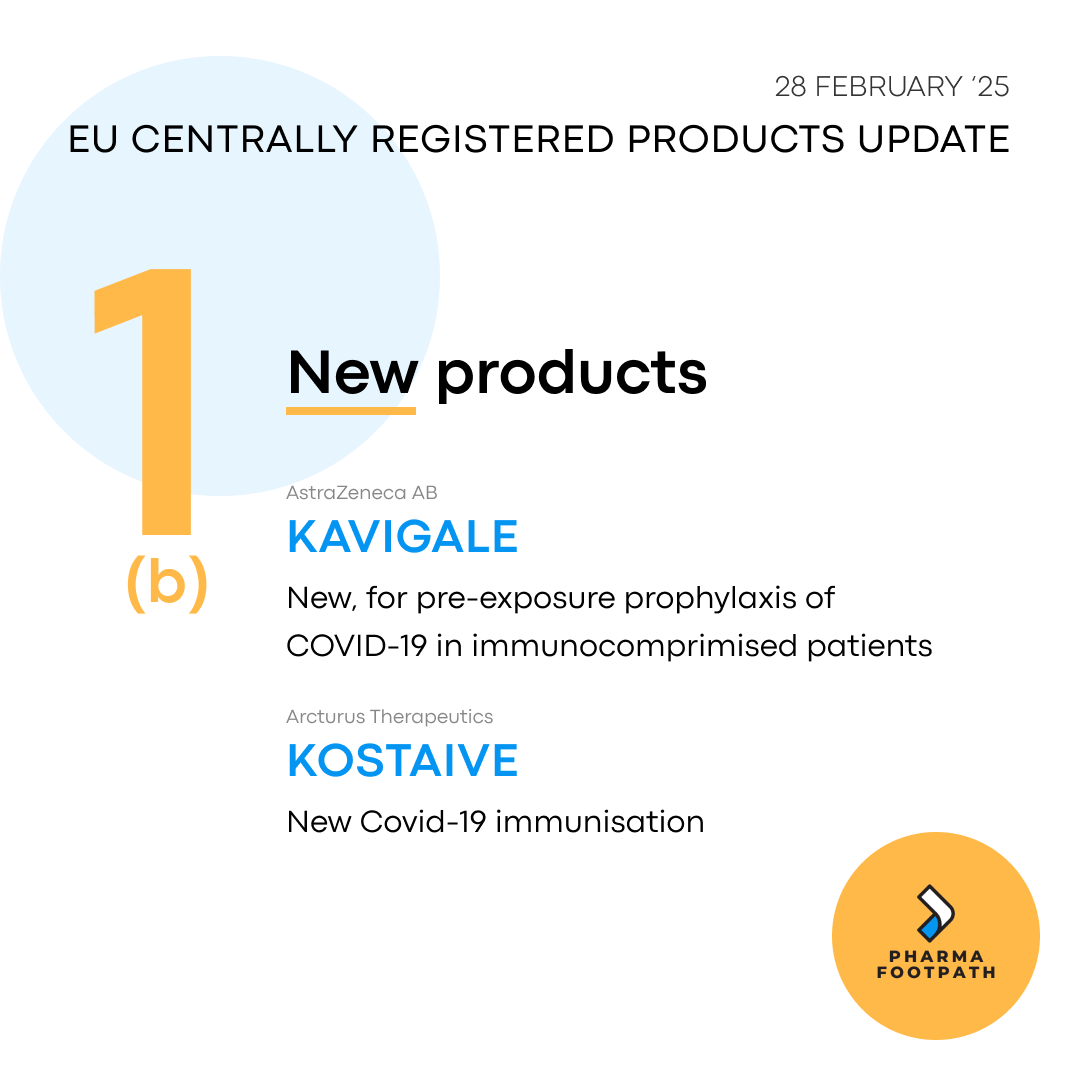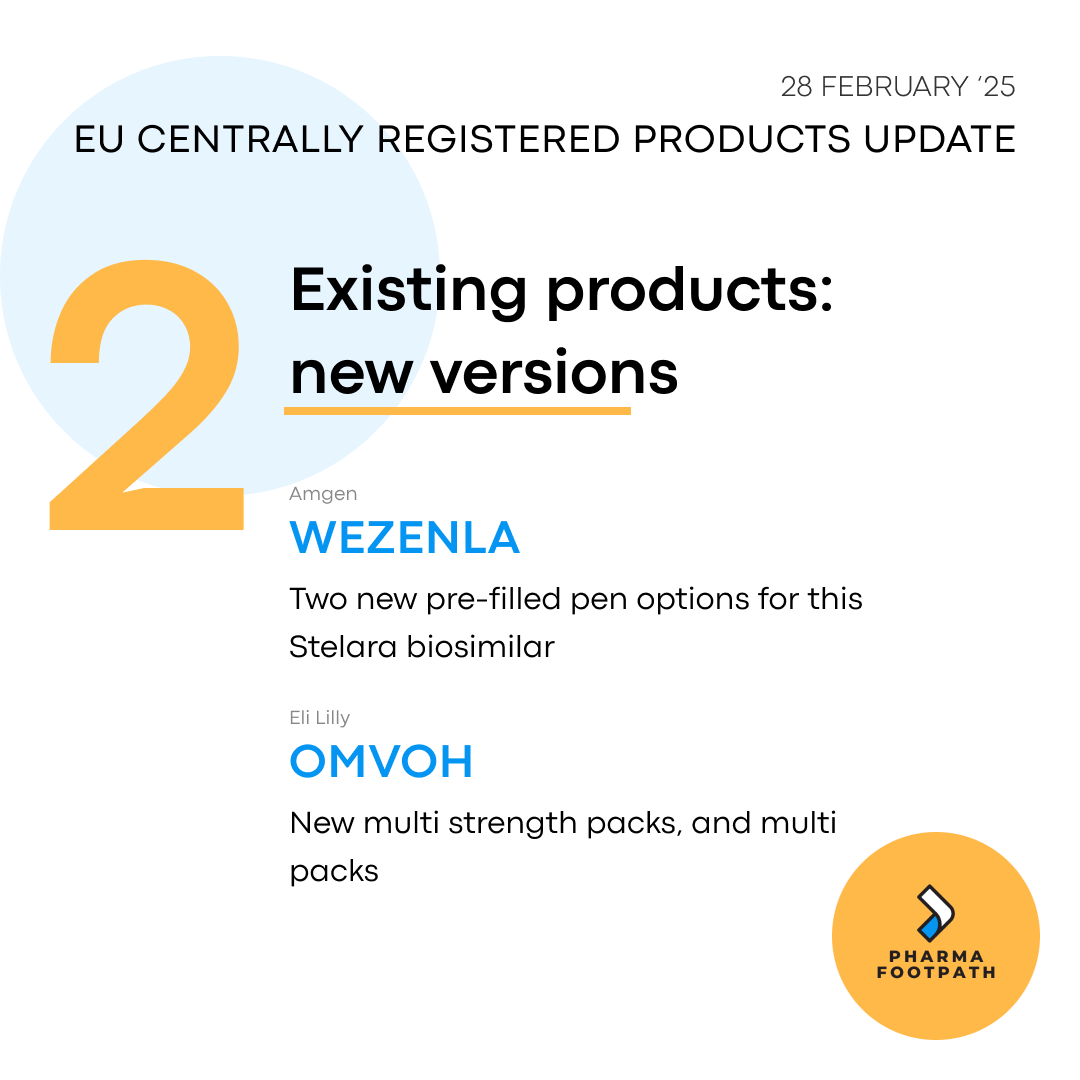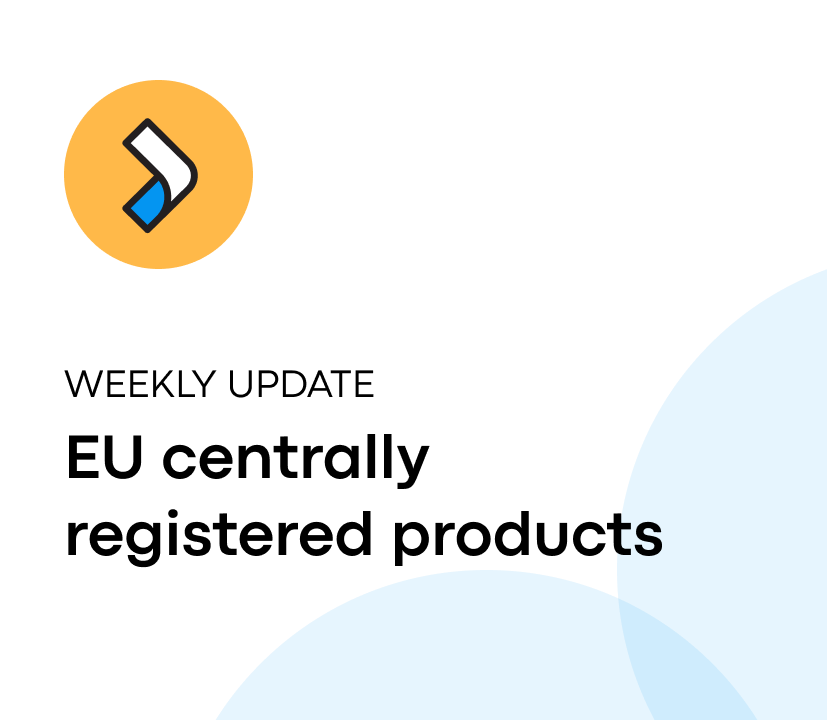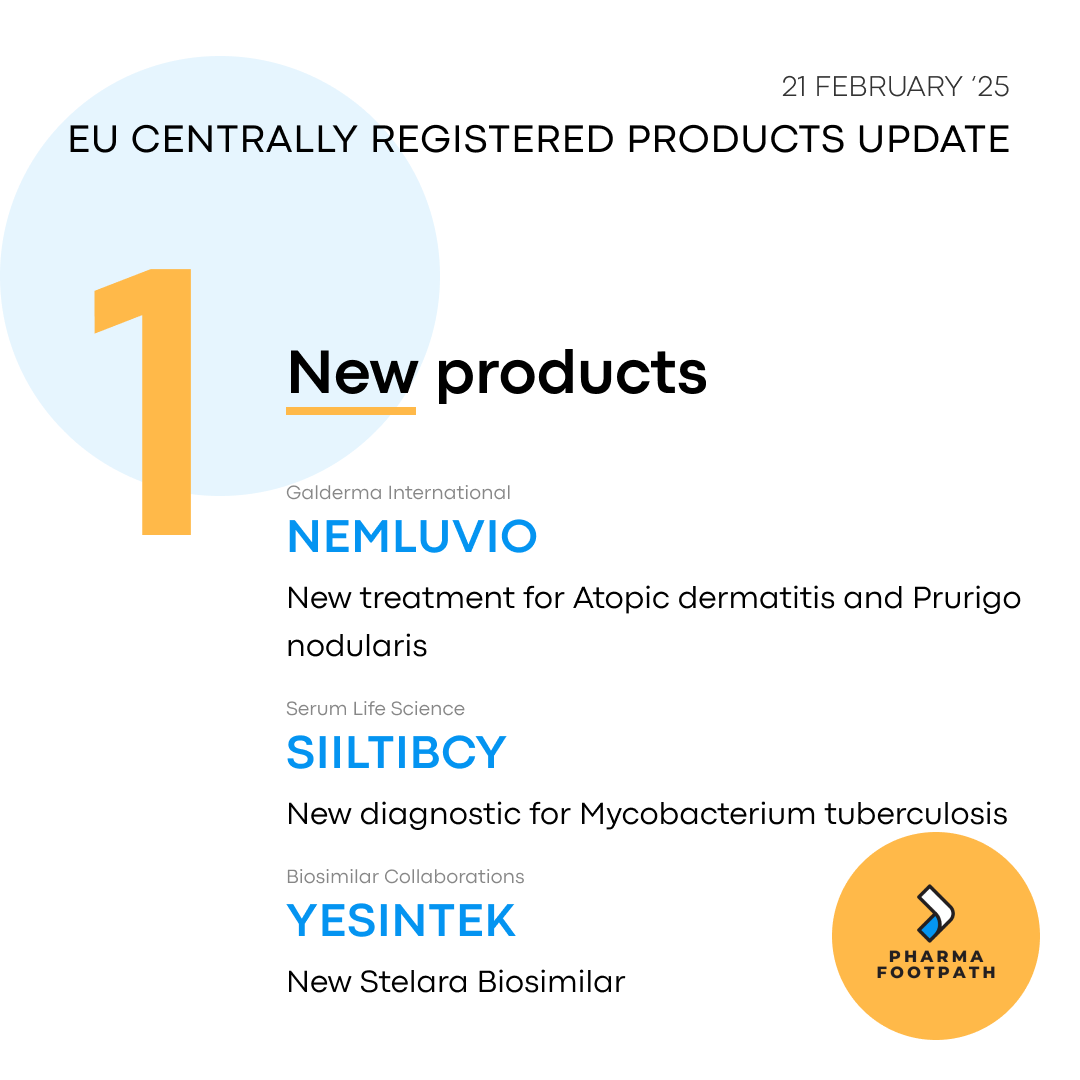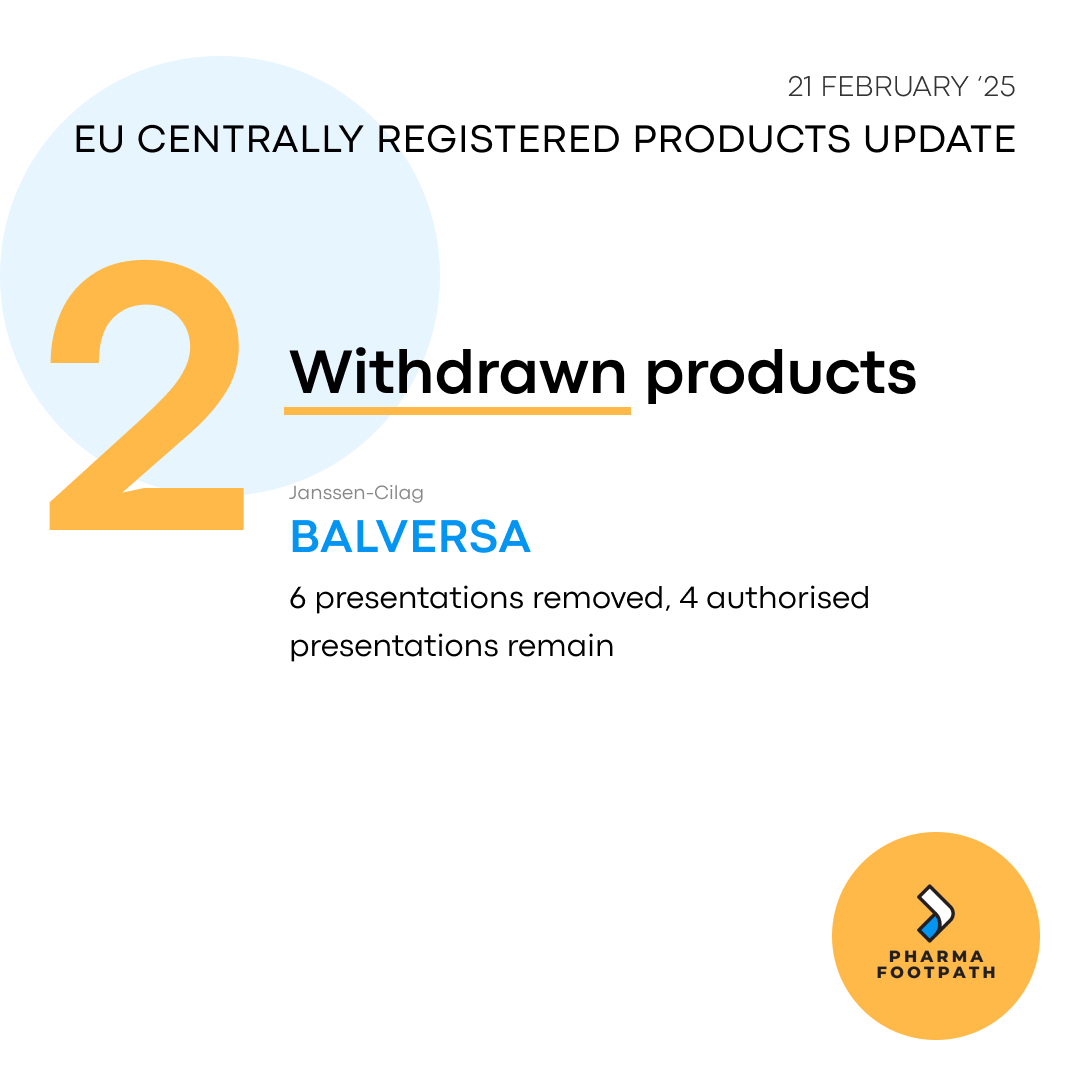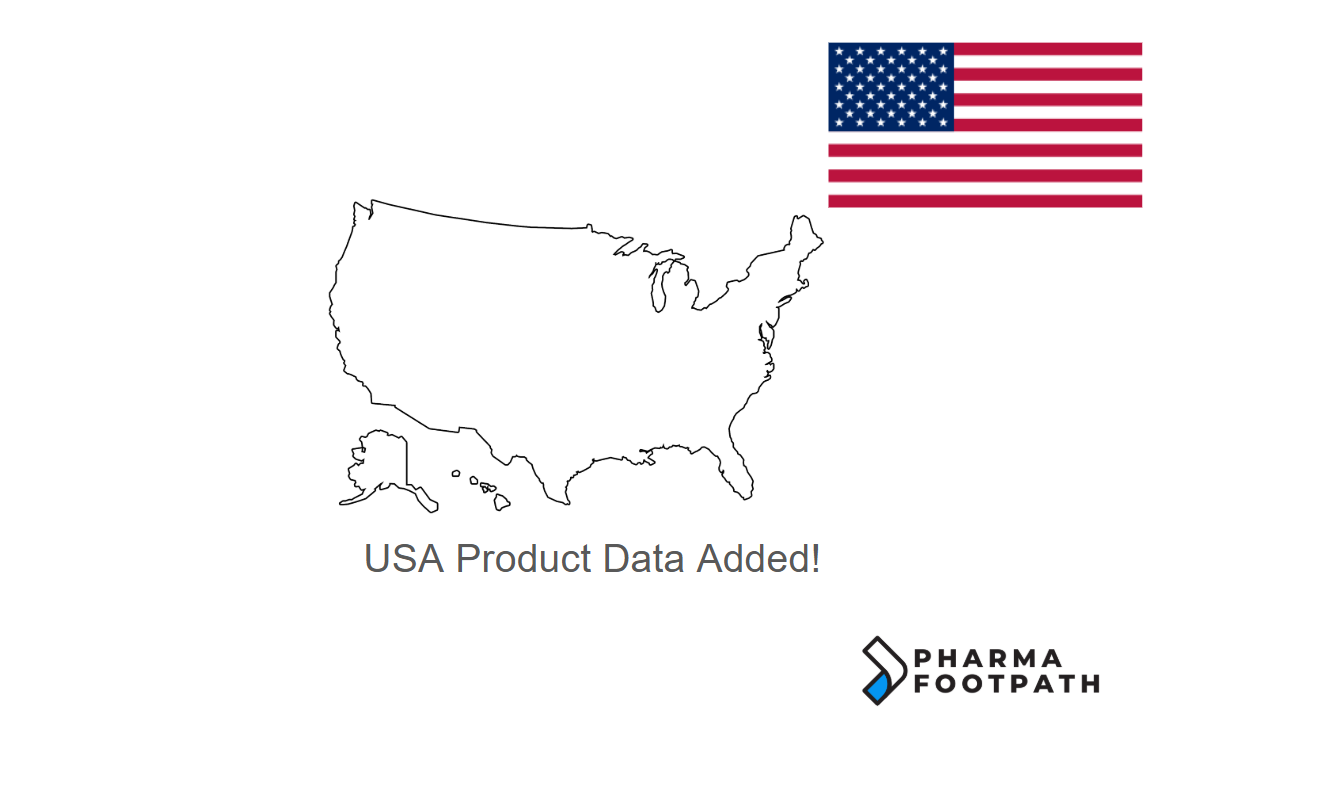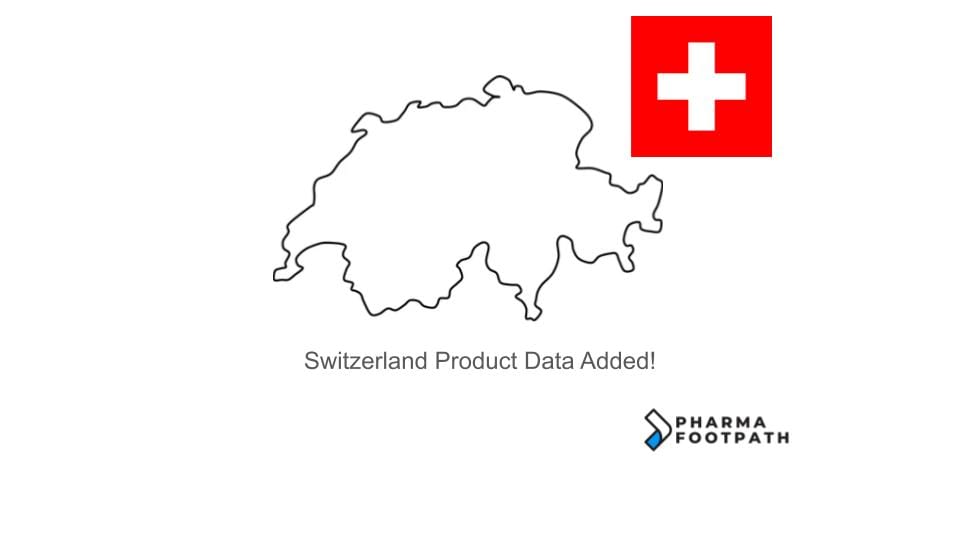A Leaner Alternative to IQVIA for Pharma Trade Intelligence
Quick takeaway: PharmaFootpath is a trade-focused alternative to IQVIA, built for WDA license holders, sourcing teams, and small-to-mid pharma companies seeking lighter, more targeted analytics.
In conversations with Parallel Traders, Distributors, and other WDA license holders, one theme comes up repeatedly: "IQVIA is a great product, but we don't know if we need that level of detail, and we're looking for more focused or cost-efficient alternatives."
IQVIA is an enterprise-grade analytics suite - the perfect choice for 'Big Pharma'. But if your focus is international pharmaceutical trade, parallel trading, clinical trial supply, unlicensed medicines - where seeing an overview of the international pharma market is today - it’s not always the right tool. PharmaFootpath exists to solve that specific problem, with pricing in mind for smaller pharma companies.
When IQVIA Becomes Overkill
IQVIA’s value comes from its breadth - commercial, prescribing volume data, market access, claims data, pricing, etc. across global markets. That’s powerful, but expensive. Many small-to-mid-sized pharma teams report that they use only a portion of the data available, and often seek more focused, trade-specific insights.
You might be a better fit for PharmaFootpath if:
- You care more about where products are available and who has access, rather than its global list price.
- You need trade license activity (parallel trade data, authorised distributor information) - not hospital data feeds.
- You want to monitor product movement patterns, not forecast market share.
PharmaFootpath vs IQVIA: A Focused Comparison
| Feature | IQVIA | PharmaFootpath |
|---|---|---|
| Breadth of Data | Global, all therapeutic areas | Specific markets, with emphasis on trade |
| Pricing | Enterprise licensing | Accessibly priced, designed for small pharma companies and traders |
| Usability | Significant depth of complex data | Clean UI, designed for trade |
| Ideal For | Companies seeking enterprise analytics | Trading companies, buying/selling internationally |
When companies consider an alternative
Organisations have come to PharmaFootpath after considering whether IQVIA:
- Provides a level of detail that is not required for their type of business
- Lacks details in specific areas such as parallel trade
- Might not be optimised for sourcing and procurement teams
By contrast, PharmaFootpath:
- Is built by people experienced in international pharma trading
- Uses a range of data sources to provide procurement and sourcing teams with clearer visibility into medicine availability
- Provides structured visibility into parallel trade licenses not commonly surfaced in other platforms.
Use Case Snapshot
A successful company in the Baltic market was considering alternatives to IQVIA, and joined PharmaFootpath.
- They were spending over €70k annually for IQVIA access, but felt they weren't able to benefit from all the data available.
- The client reported limited ability to influence platform updates or request custom data, citing prohibitive costs and long turnaround times.
- Within 3 months of switching, the team realised the volume data wasn't essential to some elements of their work, and other new data made available was valuable.
(Client anonymised; figures indicative.)
Final Thought: Right-Sized Tools for Right-Fit Teams
IQVIA is a great tool - for the right type of business. But if your focus is European pharmaceutical trade, licensing intelligence, and visibility into parallel trading, PharmaFootpath is a specialist alternative to consider.
Book a call with PharmaFootpath to have a more detailed conversation about how teams have reduced cost and gained new insights since switching from IQVIA.
Disclaimers
Comparative Information
All references to third-party services, including IQVIA, are made solely for comparison purposes, based on publicly available information and anecdotal client experiences. PharmaFootpath is not affiliated with, endorsed by, or sponsored by IQVIA or any third party named herein.
Informational Purposes Only
This article is for general informational and marketing purposes only. It does not constitute professional advice, regulatory guidance, or a guarantee of outcomes. Users should conduct their own due diligence before relying on this content.
Data Sources and Accuracy
Insights and data presented are derived from third-party sources and internal analysis. While efforts are made to ensure accuracy, PharmaFootpath makes no guarantees as to the completeness, reliability, or timeliness of any information provided.
No Medical or Regulatory Advice
PharmaFootpath does not offer legal, regulatory, or medical advice. References to pharmaceutical data, licensing, trade activity, or related subjects are for informational purposes only and do not constitute professional guidance.
Case Studies & Outcomes Disclaimer
Any case studies, examples, or testimonials included are illustrative only. They reflect individual client experiences and are not intended to represent typical or guaranteed results. Actual outcomes may vary depending on factors such as geography, business model, data availability, and operational practices.
Trademarks Notice
IQVIA is a registered trademark of its respective owner. PharmaFootpath is not affiliated with, sponsored by, or endorsed by IQVIA.


